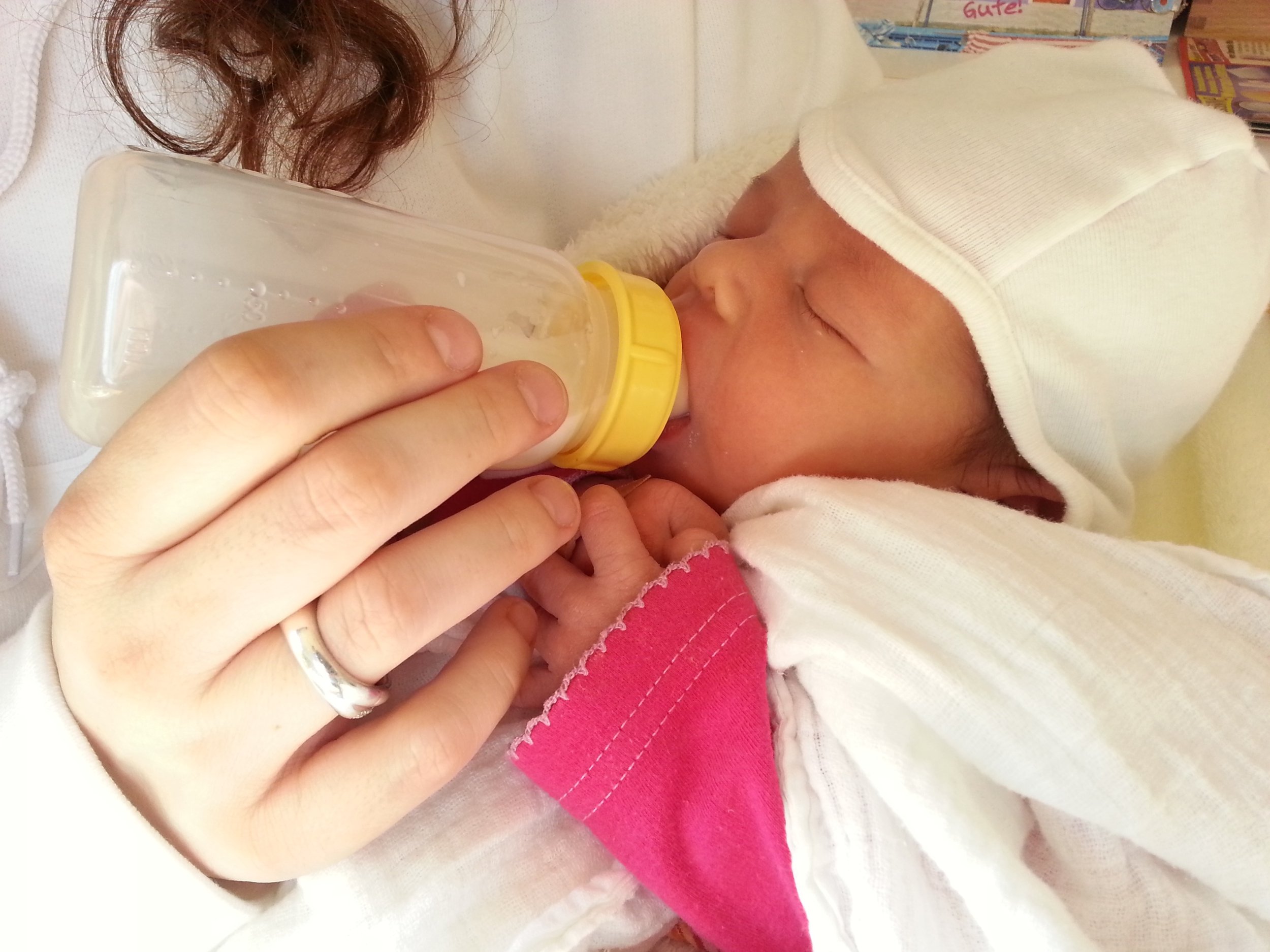

Cystic Fibrosis Modulator Therapy
The development of cystic fibrosis transmembrane conductance regulator (CFTR) modulator drugs, most recently elexacaftor/tezacaftor/ivacaftor (ETI), has transformed the treatment of patients with cystic fibrosis. A new study from researchers at Nationwide Children’s Hospital shows that ETI therapy has the potential to change even the lives of patients with advanced lung disease.
Read the whole story here: Modulator Therapy Improves Lives of Patients with Cystic Fibrosis with Severe Lung Disease.

Headbutting Animals
Researchers are studying the brains of headbutting animals to better understand how injuries can add up and lead to neurodegeneration. The hope is that this research will fill gaps in our knowledge of how neurodegenerative disorders, such as Alzheimer’s disease and chronic traumatic encephalopathy, develop over time in humans.
Read more at my Animal Minds blog: What Can Headbutting Goats Reveal About Brain Injury?

Cognition and Noise Pollution
Australian magpies have made themselves at home in human cities, but that doesn’t mean that urban environments are free of challenges. New research suggests that human noise pollution affects the songbirds’ ability to forage for food, communicate, and respond to alarm calls—but smart birds are better able to cope with this noise.
Read the latest at my Animal Minds blog: Smarter Birds Cope Better with City Noise.

Snow Fly Self-Amputation
Snow flies seem to defy logic. These wingless flies are commonly seen scurrying across snow-covered surfaces at temperatures that would paralyze and kill most other insects. Now, researchers have discovered the startling strategy that helps snow flies survive sub-zero conditions: self-amputation. When a snow fly detects ice forming in one of its limbs, it rapidly detaches it to prevent ice crystals from spreading into its body.
Read more at my Animal Minds blog: Snow Flies Have a Trick to Survive Freezing Temperatures.

The Human Milk Project
The American Academy of Pediatrics and the World Health Organization recommend human milk for infants because of its important health benefits. However, most newborns with congenital heart disease are separated from their mothers shortly after birth and admitted to a tertiary children’s hospital for the management of their disease. In a new report, researchers from Nationwide Children’s Hospital describe a recent quality improvement initiative aimed at increasing human milk consumption among newborns in their cardiothoracic intensive care unit (CTICU).
Read more: Ensuring Vulnerable Babies Receive the Benefits of Human Milk.
